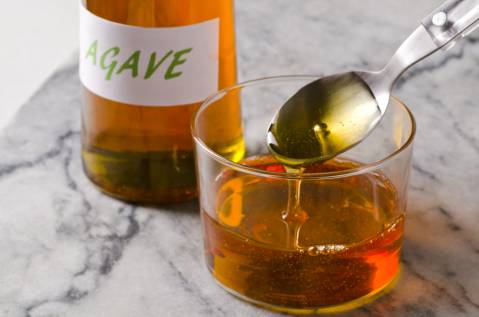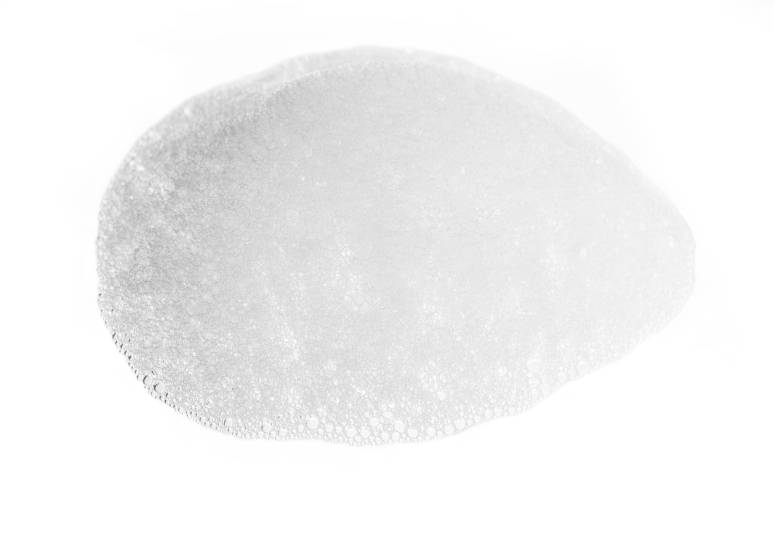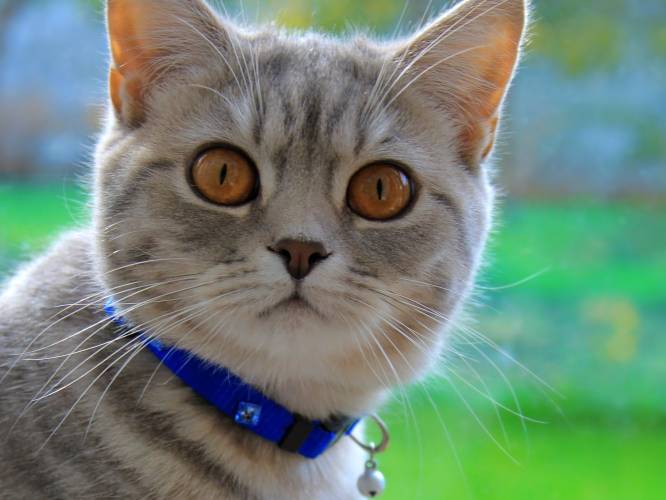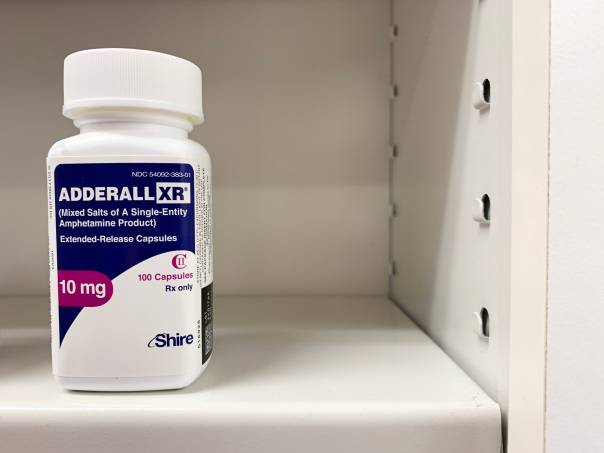Connect with a verified veterinarian in minutes. Licensed vets are available 24/7 to answer your questions. No need to worry about your furry family member.
Most people love eating things that are sweet, such as agave syrup. Agave syrup is used in many foods and drinks as an alternative to sugar. Some people may use it on pancakes and waffles in place of maple syrup. But what happens if your cat eats some agave syrup?
Has your cat eaten agave syrup? Are you worried the agave syrup will make your cat sick? If so, you’ve come to the right place. We understand it can be scary when your cat eats something like this.
We’ve gathered information about agave syrup and whether it can make a cat sick. Let’s get started!
What is Agave Syrup?
Agave syrup comes from the agave plant, which is a succulent that grows in dry regions of Mexico. The plant comes in two different varieties, including blue and salminana. Blue agave is sometimes used to make tequila.
The syrup of the agave plant is made by harvesting and processing the plant’s core. It looks something like a pineapple. Processing includes heating, juicing, filtering, and evaporation which eventually leads to agave syrup.
While agave syrup is safe for humans (in moderation), what about cats? Can agave syrup make a cat sick?
Agave Syrup & Cats
The good news is that agave syrup is not toxic to cats; however, it can make a cat pretty sick if he eats a large amount of the syrup or eats agave syrup on a regular basis. The problem is that agave syrup has more calories than sugar. It also contains high concentrations of fructose, a simple sugar.
If a cat eats too much fructose, it can cause the liver to become overloaded and turn fructose into fat. This can lead to serious health issues such as obesity, heart disease, diabetes, and cancer in cats.
Even a small amount of agave syrup can cause diarrhea. In addition, too much agave syrup could also cause tooth decay and other health issues.

Review symptoms, medications & behavior to keep your pets healthy with a Vet Online in just minutes.
Ask a Vet Live NowSymptoms of Agave Syrup Ingestion in Cats
You may notice your cat has these symptoms after eating agave syrup:
- Diarrhea
- Vomiting
If your cat has these symptoms, and they last longer than 12 to 24 hours, it’s best to call the vet. The concern is that your fur baby could become dehydrated from persistent diarrhea and vomiting.
Treatment of Agave Syrup Ingestion in Cats
The vet has medications that can stop diarrhea and vomiting. And if your cat has become dehydrated, the vet may give him an IV with fluids to rehydrate your fur baby.
The good news is that most cats will make a full recovery after eating agave syrup. In the future, it’s a good idea to keep agave syrup out of your cat’s reach. You’ll both be happier for it!
Connect with a verified veterinarian in minutes. Licensed vets are available 24/7 to answer your questions. No need to worry about your furry family member.

Tom
Tom has always loved to write since he was little - he wanted to be either a writer or a veterinary doctor, but he ended up being a professional writer while most of his works are based on animals. He was born in San Francisco but later moved to Texas to continue his job as a writer. He graduated from the University of San Francisco where he studied biotechnology. He is happily married and a soon to be father!
Review symptoms, medications & behavior to keep your pets healthy with a Vet Online in just minutes.
Ask a Vet Live Now




